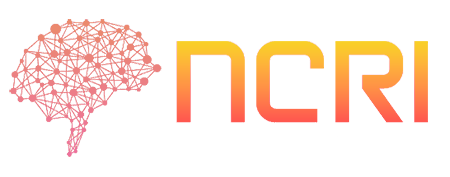Adapted from APA Monitor on Psychology feature article, Beyond Tired
Researchers are trying to understand the cognitive difficulties brought on by the disease. Marcie Zinn, PhD, a neuropsychologist and research consultant at Stanford University, is one of them. She also has CFS. “Most people with chronic fatigue syndrome list cognitive impairment as the most debilitating symptom, over and above fatigue,” she says. She has personally experienced problems with memory, attention, processing speed, language comprehension and word-finding abilities, among others. Zinn’s team has started using EEG and a related neuroimaging tool called eLORETA to study electrical activity in the brains of people with CFS. Her hope is that such scans could eventually play a role in confirming CFS diagnoses or monitoring disease progression and response to treatment. In studies being prepared for publication, Zinn and her colleagues found that one type of brain electrical activity, “peak-alpha frequency,” was reduced in people diagnosed with CFS compared with healthy control subjects. Peak-alpha frequency has been associated with cognitive performance, including the types of cognitive problems that occur in CFS. Zinn also discovered that people with CFS have excessive delta waves over much of their brains during periods of wakefulness. Those slow waves are more typically associated with sleep. Like a car stuck in first gear, CFS brains seem unable to shift into higher-level functioning. For Zinn, the take-home is simple: It’s time to give up the idea that CFS is a psychosomatic disease, she says. “We’ve shown people actually do have brain fog.”
*To read the complete post of this article, visit https://www.apa.org/monitor/2014/10/beyond-tired

